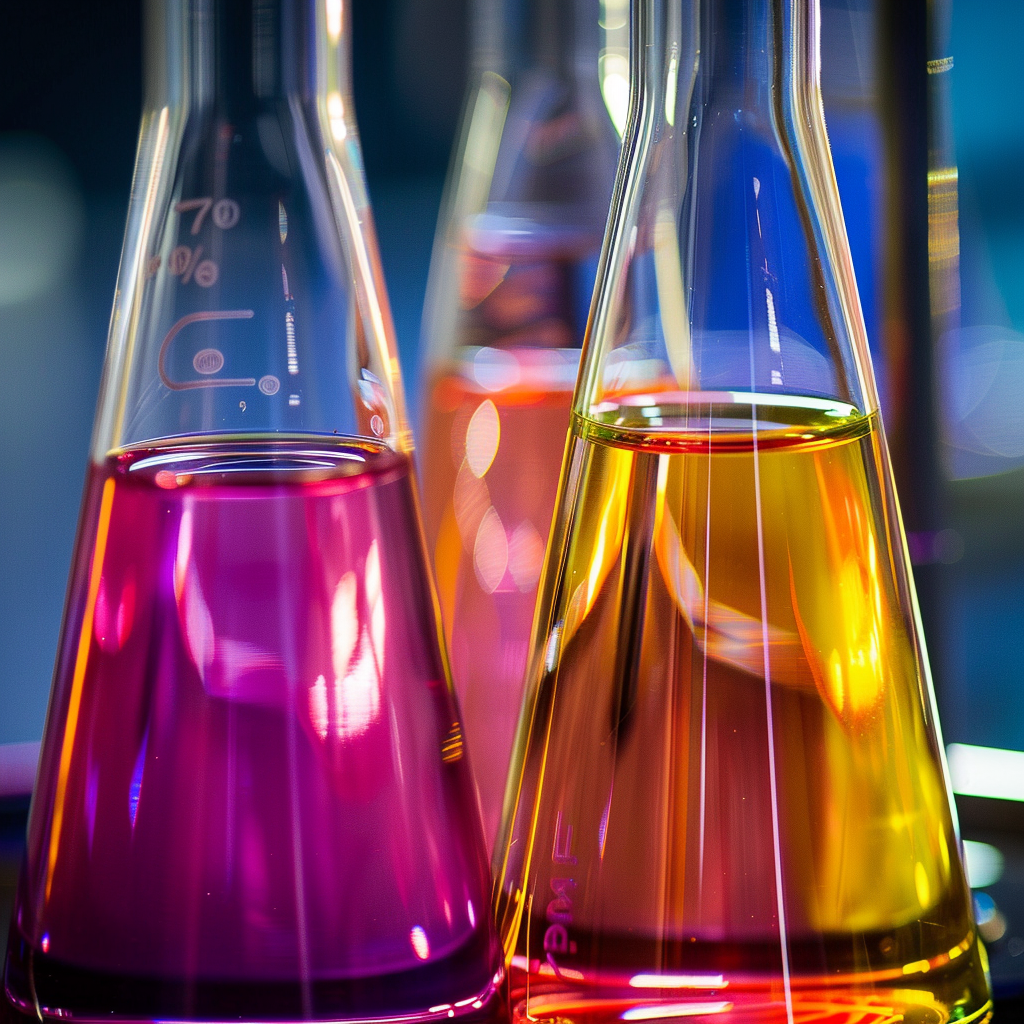The typical soaps found in supermarkets shelves contain an array of chemicals, used as thickeners, detergents, preservatives, antimicrobials, emollients, and sequestering agents, which are added to improve the texture, cleaning, shelf life, and appearance of soap, and to replace the volume and consistency after removing up to 90% of the Glycerin. See below for more details:
Fragrances: Unless it specifies that it’s scents are phthalates-free, commercial soap probably contains synthetic fragrances, which contain phthalates. This is troubling because phthalate exposure in early childhood has been associated with altered hormone concentrations as well as increased allergies, runny nose, and eczema. Also, phthalates can increase the risk of breast cancer by disrupting endocrine functions, which are responsible for creating and releasing hormones in your body.
Antibacterial and Cleaning Agents:
Triclosan or Triclocarban: Known to be an endocrine function disruptor leading to reproductive problems, birth defects, and organ toxicity. It is also a probable carcinogen, while offering no real antibacterial benefit.
Sodium Lauryl Sulphate (SLS): Found in nearly 90% of skincare products as a cleaning agent. However, as much as it does its job, it’s harsh on the skin and can cause several health issues like hair fall, organ failure, and so much more. It is also considered a potential carcinogenic. The effects on your skin include:
- Irritation: Can strip natural oils, leading to dryness, redness, or itching — especially with frequent use.
- Barrier damage: Repeated exposure weakens the skin barrier, which can worsen conditions like eczema, dermatitis, or rosacea.
- Sensitive skin: People with naturally dry, sensitive, or damaged skin are more likely to react.
Preservatives: These are chemicals used to preserve the soap and prevent the growth of bacteria, mold, and yeast. Although effective in that sense, they’re dangerous to your health. In contrast, natural soaps, AKA True Soaps, are made by saponification (oils + lye) and ends up with a high pH (~9–10). At that alkalinity, bacteria and mold generally cannot grow, so a preservative is not needed. In other words, natural soaps are naturally preserved.
Parabens: Are synthetic preservatives derived from para-hydroxybenzoic acid. They are commonly found as methylparaben, propylparaben, butylparaben, and ethyl-paraben. Parabens contain Estrogen-like qualities that are greatly associated with breast cancer and tumors. When absorbed into your skin, parabens can increase estrogen activity in your body. As a result, these chemicals trigger elevated division amongst breast cells, which can then lead to the development of breast cancer. They are used in soaps and cosmetics because they’re cheap and effective as broad-spectrum antibacterials and antifungals, and because they have no concern over their health effects.
Formaldehyde: Used to prevent bacteria build-up, however, the International Agency for Research on Carcinogens (IARC) has deemed this chemical a carcinogen linked to cancer-related health issues. In addition, it can also damage the immune system and cause allergic reactions to the skin.
Moisturizers: More than cleaning, soaps should ideally moisturize the skin. But, after removing the natural Glycerin, these soaps are left without any moisturizing properties. To offset that, many commercial soap companies integrate a chemical called propylene glycol, which is described below.
Propylene Glycol: This is synthetic liquid substance that absorbs water and is widely used in cosmetics, personal care products, food, and pharmaceuticals as a humectant, solvent, and preservative. Its safety profile is generally considered good, but its effects depend on concentration, frequency of exposure, and individual sensitivity. Some people may experience Skin Irritation, respiratory effects like throat irritation and coughing. Also, children and people with sensitive kidney or liver may have more difficulty metabolizing it, increasing the risk of adverse effects.
Chelating Agents: Used in soap to protect it from rancidity by immobilizing trace metals that can cause soap to become rancid. They are also used to prevent soaps/detergents reacting with the mineral deposits in hard water and forming soap scum. Some widely used are:
Pentaerythrityl Tetra-Di-T-Butyl Hydroxyhydrocinnamate: A synthetic antioxidant that is considered safe to use in the US, but listed as reproductive toxin in The European Union. It is also known to cause allergic contact dermatitis.
EDTA (Ethylenediaminetetraacetic acid): It is most often found as Disodium EDTA, Tetrasodium EDTA, Calcium Disodium EDTA. These are chelating agents widely used in cosmetics, personal care products, and household cleaners. In laboratory animals it has been found to be both cytotoxic (damage or kill cells) and genotoxic (damage cell’s the genetic information which may lead to cancer). Also, they are poorly biodegradable and can persist in waterways, mobilizing heavy metals in the environment (by binding and carrying them), raising concerns about ecological impact.
You should always choose Natural Soaps
The only way for you to protect yourself from these harmful chemicals is to switch to Natural Soaps.
Organica Eco Soaps offers natural soaps free of toxins and synthetic ingredients. Choose from a variety of options to protect your skin and enhance its natural properties. Our soaps are loaded with natural glycerin that moisturize your skin stimulate skin cell regeneration.







